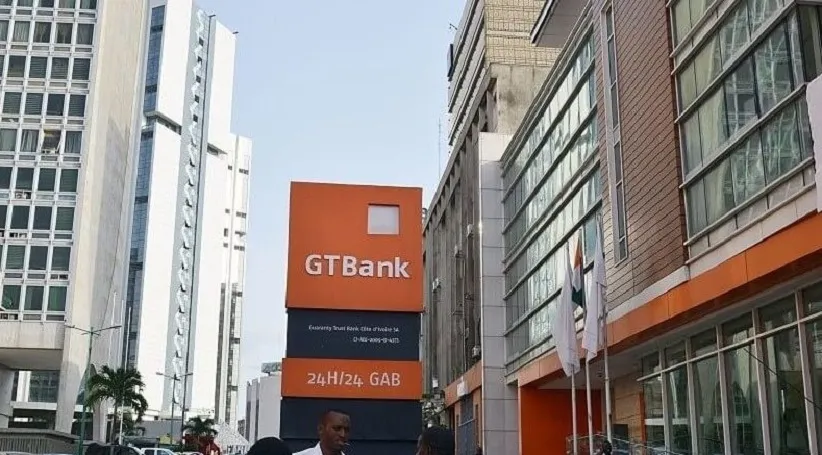
GTB allays fears, confirms attempted hack
Fresh concerns are mounting over sudden and rising moves by hackers to hack banks and institutions in the country. This is as tech experts have called for increased vigilance of the country’s cyberspace.
Within the space of 48 hours, hackers have made serious attempts at GTB’s website and the X handle of Economic and Financial Crimes Commission (EFCC).Hackers were said to have intercepted customers’ data on GTB platform in massive phishing operation.
As of the time of filling the report yesterday, the official account of the EFCC on X, the social media platform formerly called Twitter, was no longer visible. The page of the account over two million followers, reads: ‘The term you entered did not bring up any results. Please try again later’.
While EFCC was yet to respond to the matter, GTB confirmed there was an isolated incident of an attempt to compromise its website domain on Wednesday. In a statement, the bank stated that the incident was unsuccessful and that its website was not cloned. Recall that on Wednesday, many customers of the bank could not access its website and speculations that the website had been hacked came to the fore.
“While there was an isolated incident of an attempt to compromise our website domain, we would like to assure all our customers and stakeholders that the bank’s website has not been cloned and that we do not store customer information on our website, and as such, there has been no instance of compromise of customer data.”the bank said.
The bank disclosed that its team of information security experts are still working to restore domain settings and improve services, however, as of noon Thursday, checks revealed that the bank’s website was back online, albeit slowly.
Same yesterday, a virtual programme organised by the Debt Management Office (DMO) was reported to have been intercepted rudely by someone making unwarranted noise. The event was a Zoom call Nigeria had with investors for dollar funding. This was said to have raised secious concerns about the security and management of virtual forum in the country.
It will be recalled that in August 2023, the National Information Technology Development Agency (NITDA) raised the alarm over hackers targeting the country’s critical digital infrastructure.
Speaking with The Guardian, an ICT expert and founder of Jidaw Systems, Jide Awe, said there could be several reasons or a combination of reasons for the sudden attacks by hackers on banks like GTB and organizations like the EFCC.
Awe said the actual motivations of hackers can be difficult to decipher due to the faceless and clandestine nature of their activities.
According to him, increased digital adoption, the availability of powerful hacking tools, and the lack of regular updates and responsiveness by organisations to rising cybersecurity threats and requirements increase the likelihood of such attacks and their consequences.
“Globally, cybercrime is on the rise. For banks, the attractiveness could be the opportunity to steal large amounts of customer and other financial data for financial gain. There could also be political and growing economic motivations,” he stated.
On his part, a telecoms expert, Kehinde Aluko, said so many reasons could be responsible for hacking.
Aluko said virtually any website can become the target of a hack, stressing that from little known blogs to robust eCommerce, banks, government sites, cyber-vandals are always looking for easy prey.
According to him, to top it all off, private information may not be the only thing that hackers are looking for.
Aluko, who described the attacks on GTB and EFCC as a major crisis, said hacking could result from poor Internet connection, uncleared cache, suspicious usage/attempted hack, among others.
According to him, attacks could be mitigated when firms keep firewalls and antiviral applications updated, use of current versions of integrated software, never interact directly with unsolicited email, always updating scripts and removal of installation files and never underestimating importance of one’s site to hackers.






